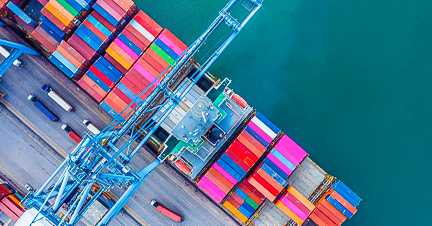Resource Center
- Solutions
- Who We Serve
- Resource Center
- Claims Support
- About
Sign up for our latest articles and events.

Roanoke is the leading provider of insurance and surety solutions for transportation and logistics providers. In fact, we are recognized as the most reliable source for U.S. customs bonds.
Who We Serve
Resource Center
Contact
If you have any questions or need help, feel free to contact with our team.
800-762-6653
US CORPORATE HEADQUARTERS
1501 E. Woodfield Road
Suite 400W
Schaumburg, IL 60173

CANADA CORPORATE HEADQUARTERS
390 Bay Street
Munich Re Centre, 22nd Floor
Toronto, ON M5H 2Y2
Solutions That Go the Distance®
© 2026 Roanoke Insurance Group Inc.








